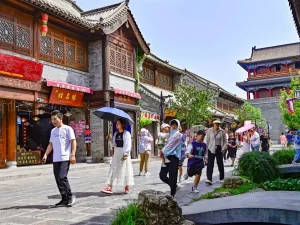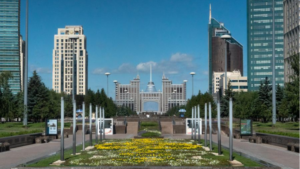China Cultural Center in Nepal is proactive in digital Activity during “Happy Chinese New Year”
Saroj Gautam
Chinese people across the globe are celebrating the most important festivities of the year in their tradition. Chinese New Year which also is known as the ‘Spring Festival’ has cultural and historic significance as it signals the beginning of spring, and the start of a new year according to the unique Chinese lunar calendar.
Traditionally, Chinese New Year is a time to honor deities & ancestors and it also a time to feast and visit family members. A typical traditional greeting for Chinese New Year is- “kung hei fat choi”, literally meaning ‘Happiness and Prosperity’.

Chinese New Year 2023 will fall on Sunday (22nd January, 2023). The date of the Chinese New Year is determined by the lunar calendar. The date changes every year but is always somewhere in the period between 21st January to 20th February.

Each Chinese year is associated with an animal sign according to the Chinese zodiac cycle. 2023 is the year of the Rabbit, specifically, Water Rabbit. The sign of Rabbit is a symbol of longevity, peace, and prosperity in Chinese culture. 2023 is anticipated as a ‘Year of Hope’.

“Harmony and Shared Future”
Chinese Cultural Center (CCC) in Kathmandu is active as “Happy Chinese New Year” celebration is going on but most of the activities in the post Covid-19 pandemic are limited to digital platforms. Marking the beginning of Chinese New Year Festivities on 14th January, CCC broadcasted a global show entitled “Happy Chinese New Year” launch ceremony and “Harmony and Shared Future” Concert; via its social media platforms.
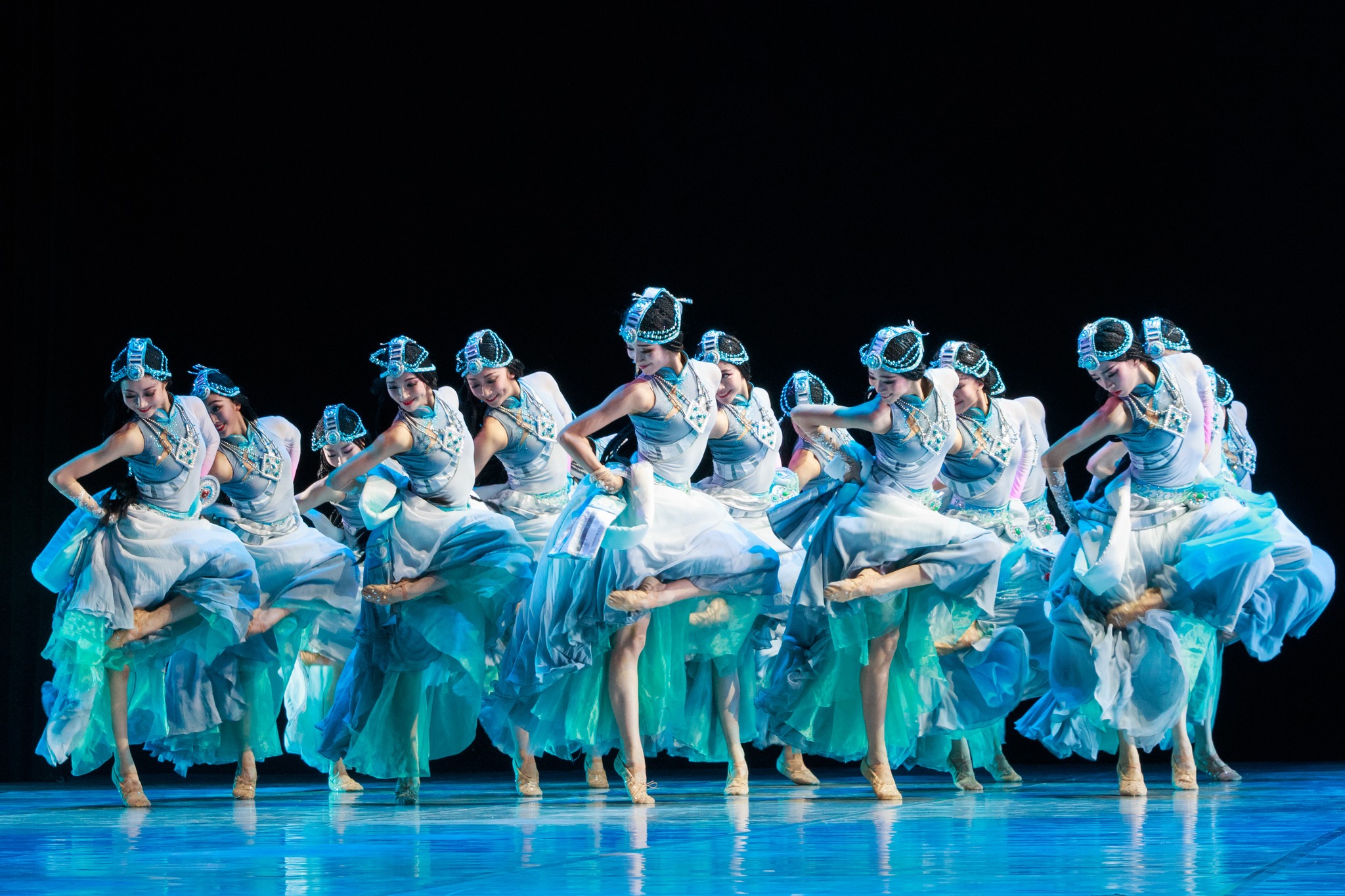
Featuring four chapters of “heaven, earth, human and harmony”, the concert was conducted by China National Traditional Orchestra, Suzhou Symphony Orchestra and International youth choir featuring well-known musicians such as Chen Xieyang, Guo Feng, Lang Lang, Wu Bixia and Zhao Cong.
Chinese cultural symbols such as poetry, calligraphy, painting, dance, folk custom and intangible cultural heritage were presented during the grand concert. The event was sponsored by China’s Ministry of Culture and Tourism, and co-hosted by China International Culture Association and Henan Provincial Department of Culture and Tourism.
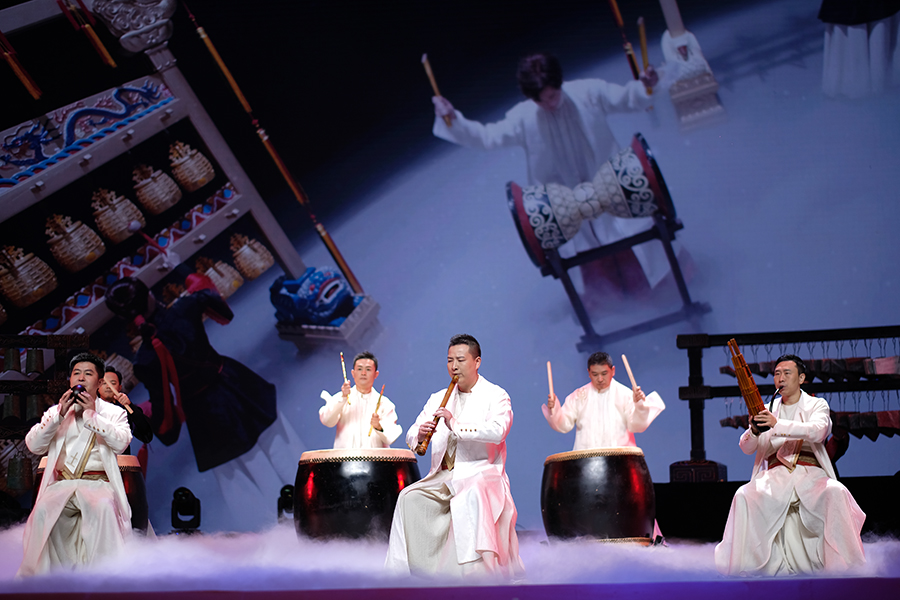
A music concert “Echoes of Ancient Tang Poems” jointly performed by iSING! Suzhou and the Philadelphia Orchestra that was staged at Kimmel Performing Arts Center in Philadelphia, USA on Jan 6 will be the next attraction for Nepali audience by CCC. iSING! Suzhou International Young Singers Art Festival was established in Suzhou in 2014 as China’s first international vocal art festival. Over the past eight years, the festival has recruited outstanding young singers from all over the world, disseminated and promoted Chinese and classical music, and enhanced cultural exchanges between China and the West, becoming a cultural card for Suzhou to go global.
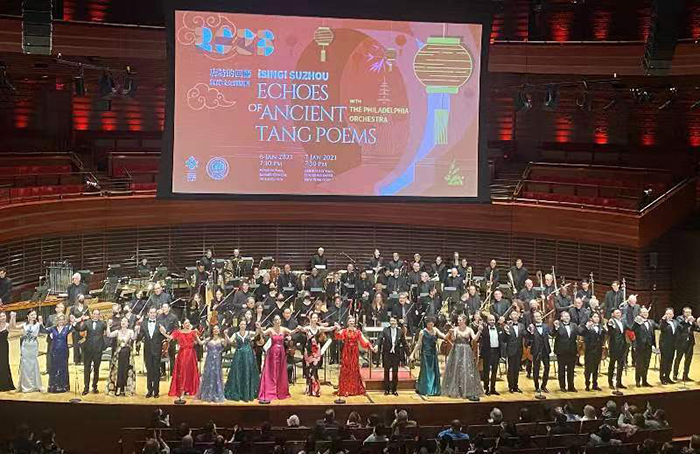
For the Chinese culture and music enthusiasts there is an offer to participate in the, “Play with Me – Chinese Music Challenge”. In this activity the audience can feel the delightful rhythm and melody of the music and follow the demo played by famous Chinese pianist Lang Lang, who is also cultural ambassador of 2023 Happy Chinese New Year. The challenge will be on, till Feb 5, 2023. Anyone with a little knowledge or even interest in music can upload a challenge video on his/her own social media account and tag the official accounts of China Culture and add #HappyChineseNewYear #PlayWithMe before posting. The lucky participant will have a chance to win special gifts and the cute rabbit mascot of the 2023 Happy Chinese New Year!
Please click HERE for the link 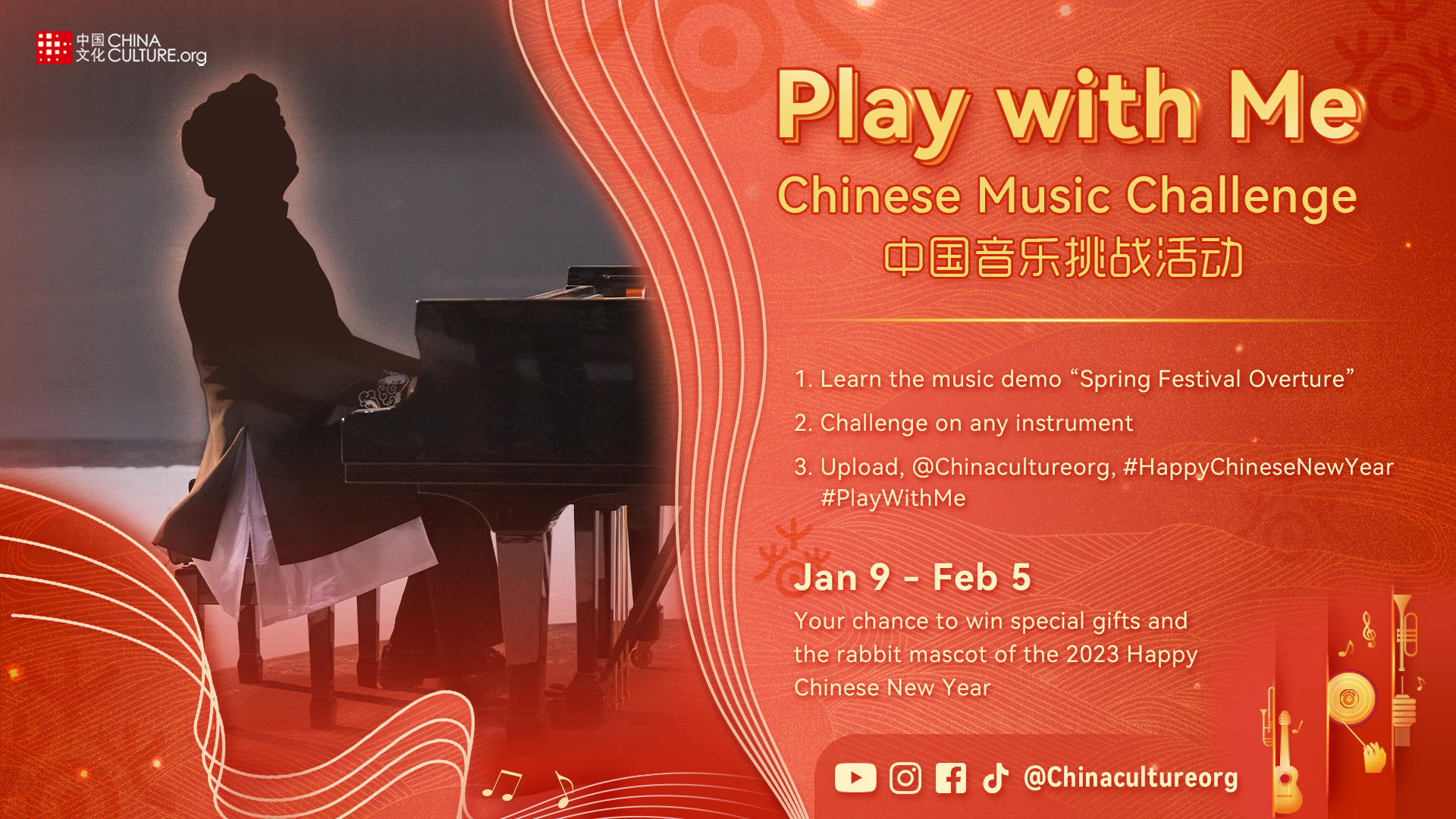
Many people may wonder what actually happens during Chinese New year. The director of China Cultural Center in Nepal, Xiao Jiang explains it with detail. According to her, celebrations of Chinese New Year traditionally last for 16 days, starting from Chinese New Year’s Eve to the Lantern Festival.
The first 7 days are a public holiday, from January 21st to January 27th in 2023. “On the eve of New Year (21st Jan) Chinese People often visit ancestors’ graves, enjoy the family reunion dinner, elder parents give red envelopes to the children, stay up until midnight while setting off firecrackers and fireworks. And on the New Year Day (22nd Jan) people visit relatives and give presents as the main part of culture”, enlightens director Xiao. February 5th marks the end of Chinese New Year, with Lantern Festival, Lanterns, dragon dances…









